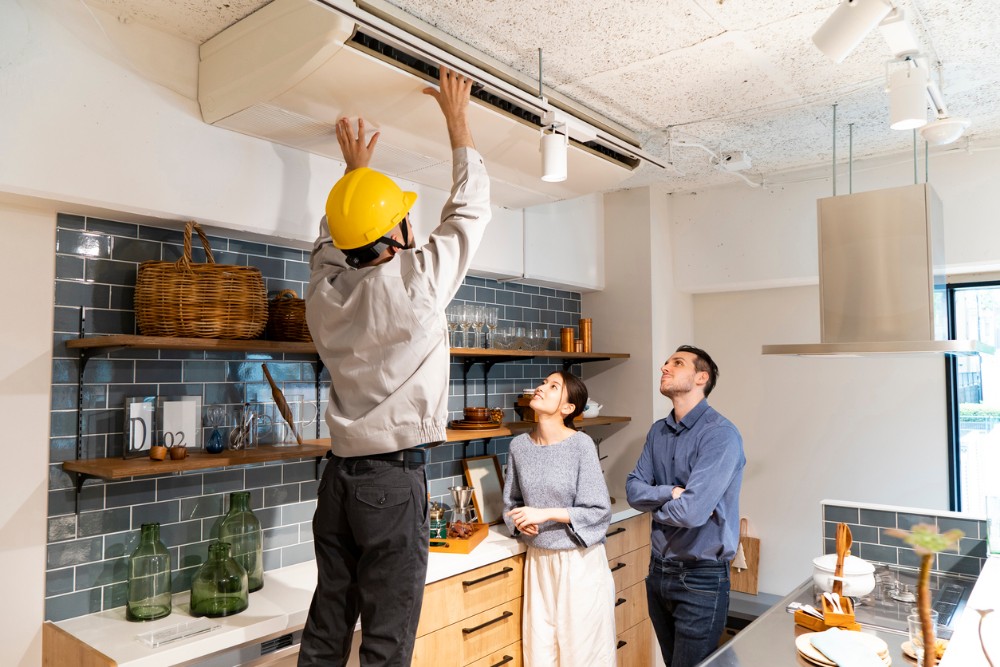
Never undermine the value of a home inspection in the home-buying process. After a seller accepts your offer to purchase their home, a licensed home inspector should make a thorough assessment of your potential acquisition by examining its structural integrity and taking note of issues that require instant repairs or replacement.
Why a home inspection is crucial in real estate
Apart from alerting you on a home’s flaws from superficial ones to those that would merit costly fixes, home inspections can also make or break a property deal. Issues revealed in the inspection report can reopen negotiations with the seller, ranging from who shoulders costs for repairs to determining if the extent of repairs can be grounds for you to withdraw the offer completely.
How to find a home inspector
You can look up potential home inspectors using the “Find An Inspector” tool of the International Association of Certified Home Inspectors (InterNACHI), the Virginia Association of Real Estate Inspectors, and the Maryland Association of Home Inspectors. You can also ask your family or friends in the area for recommendations or request a list of recommended inspectors from your real estate agent.
But no matter what resource you choose to tap into, what matters is that they should be licensed under the Maryland Department of Labor or the Virginia Department of Professional and Occupational Regulation, depending on the home’s location within the Washington Metro Area.
Once you have a shortlist of potential home inspectors, call them up for a quick interview and ask them key questions related to:
- Experience with residential home inspections
- Their inspection process
- Length of time taken for inspections. How soon can they issue a report?
- Whether it’s possible for you to attend the inspection with them or not
- Their fees
Standard inclusions in a home inspection
According to The Code of Maryland Regulations and the Virginia Administrative Code, home inspectors are tasked to provide visual inspections of the following:
- The home’s structural system (foundation and framing)
- The home exterior (exterior walls, windows, doors, decks or porches, vegetation and surface drainage, walkways, and driveways)
- The roof system (roof shingles and drainage)
- The plumbing system (faucets, showers, sinks, other fixtures, and pipes)
- Electrical systems (outlets, circuit breakers, and wiring)
- Heating systems
- Air-conditioning systems
- The home interior (windows, ceilings, and other built-in furniture and appliances)
- Insulation and ventilation
- Fireplaces and solid fuel-burning appliances
What to do after receiving an inspection report
Once the inspector turns in the report, it’s important to sit down and strategize with your real estate agent before negotiating for repairs or compensation. Prioritize costly defects such as plumbing leaks, mold, and electrical wiring issues. But also keep in mind that nitpicking on cosmetic issues like broken fixtures can lead to tedious back-and-forth negotiations and difficulties in closing.
Work with an expert Bethesda real estate agent today
Known for its concierge level of service, the team of Heller Coley Reed of Long & Foster Real Estate ensures that each client receives outstanding customer service and professionalism not just during inspections but in every step of their home-buying journey.
Call them today at 240.800.5155 or send an email to hellercoleyreed@gmail.com. You can also reach out to them here.

